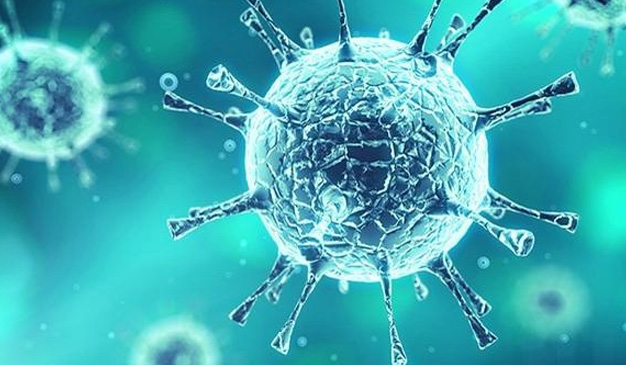
February 16, 2024
Lymphoid neoplasms are cancers involving the lymphatic system that occur with varying degrees of incidence worldwide. The cause of lymphoma is very complex, and scientists are still unclear about its specific causes. However, through extensive research and observation, we have learned about some of the factors that may contribute to the development of lymphoid neoplasms.

First, genetic factors are considered to be one of the important causes of lymphoma. Some people have a family genetic tendency to develop lymphoma. Although scientists don't yet know the exact genetics, they believe this genetic predisposition is caused by mutations in specific genes. Therefore, people with a family history of lymphoma should pay more attention to their health and undergo regular physical examinations.
Secondly, immune system problems are also one of the factors in the pathogenesis of lymphoma. The lymphatic system is part of the immune system and is responsible for clearing harmful substances and viruses from the body. When there is a problem with the immune system, lymphocytes may mutate normal cells, eventually leading to the development of lymphoid tumors. This immune system problem can be caused by genetic problems, infections, medications, or other illnesses.
Third, factors related to viral infection are also related to the onset of lymphoma. Epstein-Barr virus (EBV) is considered to be one of the important causes of lymphoma, especially Hodgkin lymphoma and nasopharyngeal carcinoma. EBV is a common virus that affects approximately 90% of people at some point in their lives. Although most people infected have no consequences, EBV can cause lymphoid tumors when the immune system is compromised.
Next, certain chemicals, environmental factors, and lifestyle factors have also been implicated in the development of lymphoid neoplasms. For example, exposure to certain chemicals, such as benzene, is harmful to the lymphatic system. In addition, long-term exposure to environmental viruses and bacteria, such as malaria and Mycobacterium tuberculosis, has also been associated with the development of lymphoid neoplasms. Unhealthy lifestyles, such as a high-fat diet, lack of exercise, smoking, and excessive alcohol consumption, may also increase the risk of lymphoma.
Finally, treatments such as radiation and chemotherapy may themselves contribute to the development of lymphoid neoplasms. Although radiation therapy and chemotherapy are effective at killing cancer cells, they can also damage normal cells. These damaged cells remaining in the body may mutate and ultimately lead to the development of lymphoma.
Overall, the causes of lymphoma are diverse and involve genetics, immune system problems, viral infections, chemicals, environmental factors, lifestyle, and treatments. Although we cannot completely avoid the occurrence of lymphoma, we can reduce the risk of the disease through a healthy lifestyle and regular physical examinations. Additionally, further research into the causes of lymphoid neoplasms will help us better understand the disease and develop more effective treatments.